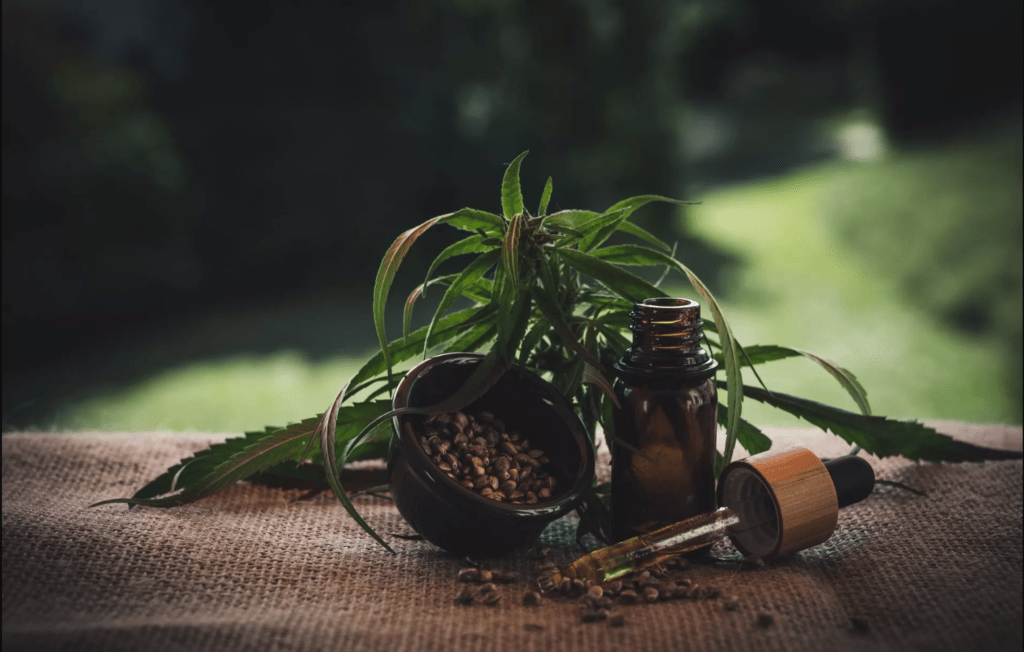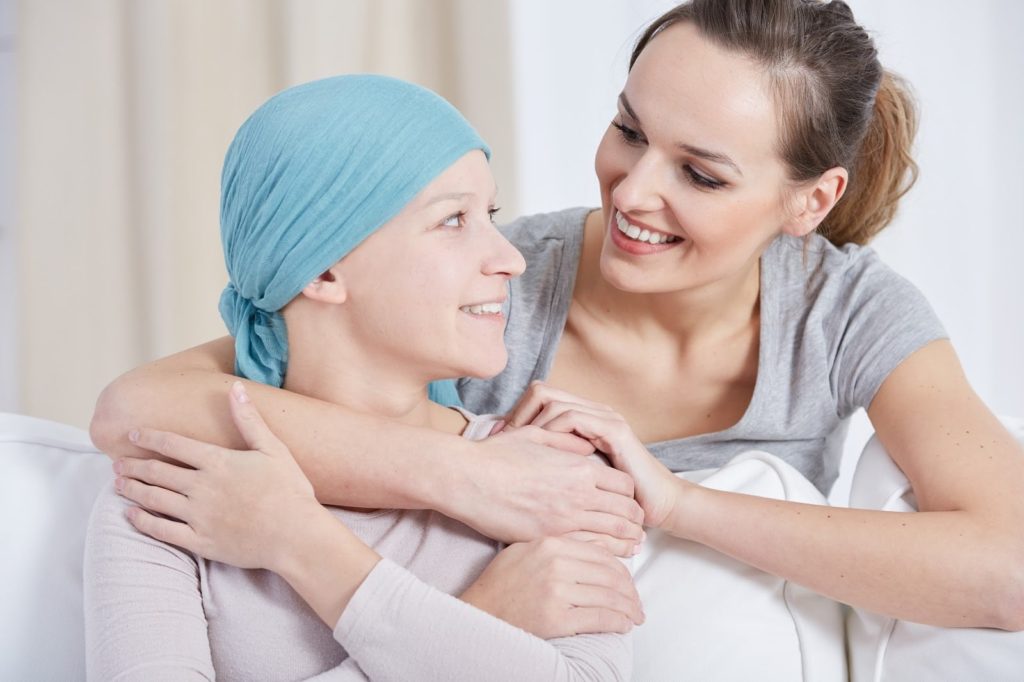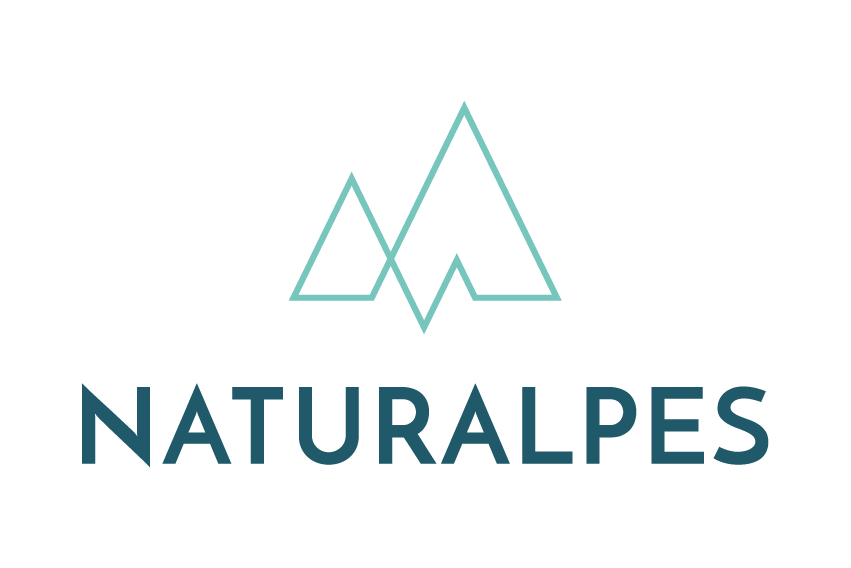CBD for cancer: can Cannabidiol help?
A few years ago, CBD was only available in certain specialist shops. Today, CBD is everywhere, from our gas stations to our local pharmacies. What is contributing to its growing popularity?
Since ancient times, Cannabis has been used to help treat many diseases and symptoms. However, despite its many applications, the use of cannabis ceased in the last century. A wave of negativity surrounding cannabis spread rapidly around the world in the twentieth century.
In the twenty-first century, associations and individuals have taken action to get governments to decriminalize cannabis. Let's go back a bit. Cannabidiol was discovered in 1940 by Roger Adams, a researcher at Harvard University. It was not until 1963 that Raphael Mechoulum discovered its molecular structure. This led to its differentiation from the psychoactive cannabinoid THC.
Today, CBD users swear by its effectiveness in improving their quality of life. And you may be wondering what CBD is and why it is getting so much attention.
What is CBD?

"CBD is short for Cannabidiol, one of the many cannabinoids found in the cannabis plant. The other popular cannabinoid is Tetrahydrocannabinol (THC), known for its psychoactive properties. These two substances are the most abundant in the cannabis plant. You should know that there are more than a hundred other cannabinoids present in the Cannabis plant.
In this article we will examine whether Cannabidiol is effective and can help improve the condition of cancer patients.
What is cancer?

Cancer is a disease that causes abnormal cells to divide and grow rapidly. These cells then spread to other parts of the body. It can start anywhere in the body and can be fatal when it invades and destroys healthy tissue and organs.
It is the second most common cause of death in Europe. In 2012, theWorld Health Organisation (WHO) estimated that there were over 3.7 million new cases and over 1.9 million deaths per year.
How serious is cancer today? Imagine: Europe is home to one eighth of the world's population but contributes to one quarter of the world's cancer cases. So cancer is a major concern for us.
Today's treatments such as chemotherapy and radiotherapy are far from harmless. They leave patients with many side effects such as :
- Loss of appetite
- Diarrhoea
- Pain
- Vomiting
- Oedema
- Bruises
- Bleeding
- Fatigue
- Etc...
Unfortunately, there is no definitive cure for cancer. And despite a declining mortality rate, progress is slow. Many cancer patients and their relatives are therefore being explored for alternative forms of treatment.
Is CBD an alternative to cancer treatments?
No. CBD is not a form of alternative treatment for cancer, at least not yet. The studies that have been conducted before were too limited and non-standardised. Moreover, the experiments used mice and in vitro cells (human cells in a test tube) as test subjects.
However, larger studies are underway to strengthen some of the claims about the improvement in the lives of cancer patients with Cannabidiol. The main objective is to determine whether CBD is able to slow down or stop the rapid growth of cancer cells.
CBD is not a cure, but can it help in the fight against cancer?
Currently, there is no substantial research to prove that CBD helps to fight cancer. Its ability to alleviate the side effects of cancer treatment, such as nausea, vomiting, loss of appetite and pain, is currently inconclusive.
That said, claims by CBD users and some clinical trial results indicate that CBD may help manage side effects, thereby improving the quality of life of cancer patients.
Dronabinol, a synthetic form of CBD, has been approved as a medication for nausea and vomiting. This drug seems to work as well as other chemical anti-nausea medications.
Studies also show that CBD appears to reduce anxiety levels and promote sleep. As a result, CBD could offer cancer patients much-needed relief from the worries, stress, depression and anxiety that accompany cancer diagnosis and treatment.
Are there any promising studies and reviews showing the effectiveness of CBD?
As mentioned above, research into the medicinal properties of CBD is not supported by large-scale, standardised in vivo studies. The list below includes some of the small-scale studies and reviews with encouraging results. Note that these studies require further research to support these conclusions.
A 2017 review of studies conducted to determine the effects of cannabinoids (CBD and THC) in the treatment of glioblastoma (brain and spinal tumour) as well as their application in palliative care found that when test animals were treated with high doses of CBD and THC, tumours shrank by 50-95%. In some cases, there was complete remission.
It also showed that CBD was able to slow the progression of cancer cells by promoting apoptosis (programmed natural cell death). CBD focused on tumour cells while sparing normal healthy cells. CBD also inhibited the development of blood vessels supplying the tumour regions (tumour angiogenesis). In addition, the study concluded that CBD was effective in treating cancer-related symptoms such as nausea, pain and vomiting. However, it highlighted the need for further research to find :
- The right mix
- The right combination of cannabinoids
- The effectiveness of CBD in the treatment of chronic diseases.
He said that researchers need to conduct human studies to get more accurate results.
Results of scientific interest
The National Center for Biotechnology Information (NCBI) has published a case report and literature review on an 81-year-old man diagnosed with lung cancer. The man refused all forms of conventional medicine and decided to self-administer CBD oil for a month.
Each visit during that month showed that the tumour was slowly shrinking and disappearing. At his last scan, the mass had shrunk and everything looked normal. The man did not change his diet, lifestyle or medication during this period.
The case indicates that CBD may have anti-cancer properties. This could be the result of CBD's ability to interact with the endocannabinoid system (ECS).
The endocannabinoid system links the cannabinoids produced in our body and their receptors while providing regulation of the action of both through enzyme inhibition. CBD binds to CB2 receptors and informs the endocannabinoid system of cancer cells in the body. This sends a warning that inhibits the reproduction and spread of cancer cells. The problem is that we all have a different ECS. And so we react differently to CBD - which makes a 'one size fits all' treatment very difficult.
A 2014 study on colorectal cancer cells indicated that CBD, in high doses, could inhibit the growth and spread of cancer cells.
Another study in 2010 looked at the application of CBD for patients with breast cancer metastasis and cancer cell invasion. Invasion and metastasis occur in the later stages of cancer. Currently, medical interventions can do little to combat this phenomenon. CBD administration appears to significantly reduce cell replication and invasion.
Is CBD legal?
CBD is legal in most European countries. However, each country has its own restrictions on the percentage of THC that is legal. So be sure to check your local regulations regarding the THC threshold allowed in Cannabidiol products.
Side effects of CBD
Side effects of CBD include:
1. Fatigue or sleep disorders
2. Appetite fluctuations
3. Weight change
4. Diarrhoea
5. Migraine
6. Decrease in blood pressure
More research is needed on the safety of Cannabidiol when used in different demographics. This will help to reduce these potential side effects mentioned above and to develop products that are better balanced for the type of consumer.
What cancer patients need to know about CBD
CBD is still new and there is an increasing need to know more about it due to its popularity. It is always advisable to consult your doctor if you use or plan to use Cannabidiol.
A doctor is best placed to understand your physiological needs. Therefore, he or she will be able to advise you better and will also tell you what dosage to take. They can also educate you about possible interactions with ongoing cancer treatment.
Above all, avoid sensational labels on products that imply they cure cancer. This is nothing but misleading marketing. Every claim needs to be backed up by scientific evidence and at present there is no such concrete evidence due to the lack of research and large-scale in vivo clinical trials.
When your doctor gives you the green light to take CBD, always buy from a reliable source. Always choose a brand that offers natural cannabidiol and third-party laboratory testing. Also look for products that are additive-free and 100% natural.
But for now, stick to conventional methods of treating cancer. At least until more revealing research is done. Wait for medical bodies to approve a CBD drug before stopping other forms of treatment. If you want to try CBD, do it along with your treatment and make sure you consult your doctor first.
Conclusion
Cannabidiol continues to take off in a big way in the world of health and wellness. Given the interest from various quarters, we expect more research and discoveries to be made to fully exploit its potential in promoting wellness in cancer patients. All it takes is time, dedication and ample resources. And that's why Naturalpes is part of EIHA, a European organization dedicated to the democratization and research of hemp and CBD. We hope that in the near future, natural CBD-based medicines can be developed to treat various diseases, including cancer.


